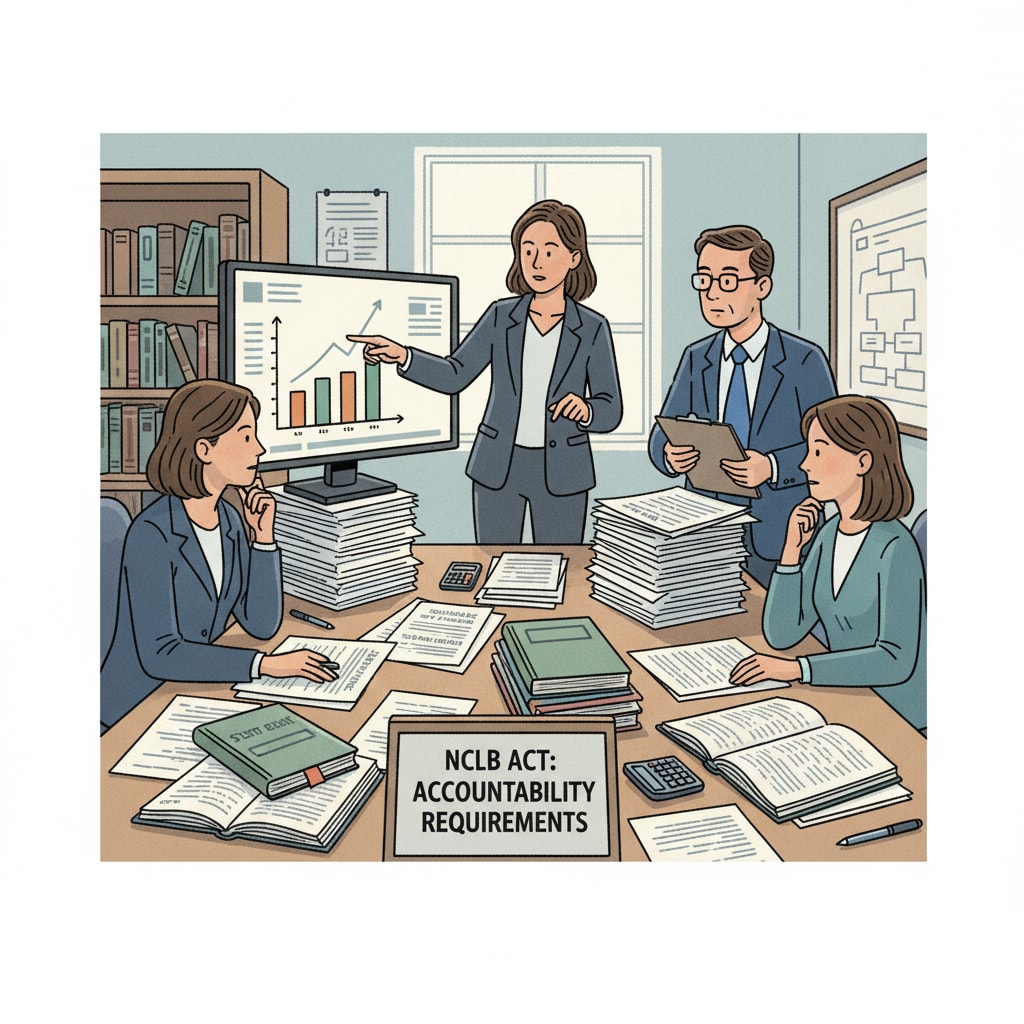Education accountability, NCLB Act, and educational change are intertwined concepts that have significantly influenced the US education system. The No Child Left Behind (NCLB) Act, which came into effect in 2002, aimed to improve educational outcomes for all students by holding schools accountable for student performance. This article presents the perspectives of those who lived through this era, shedding light on the real impact of the NCLB Act.

The NCLB Act: A Catalyst for Accountability
The NCLB Act introduced a new era of educational accountability in the United States. It required states to develop academic standards and assessments to measure student progress. Schools were then held accountable for ensuring that all students, regardless of their background, met these standards. As a result, a new focus on data-driven decision-making emerged. For example, schools started to closely analyze student test scores to identify areas of weakness and develop targeted intervention strategies. No Child Left Behind Act on Wikipedia

Reshaping Classroom Practices
One of the most significant impacts of the NCLB Act was on classroom practices. Teachers had to adapt their teaching methods to prepare students for the standardized tests mandated by the act. This often led to a more test-prep-oriented curriculum. In addition, there was an increased emphasis on basic skills such as reading and math. Teachers also had to differentiate instruction more effectively to meet the diverse needs of students. For instance, they might group students based on their skill levels and provide targeted instruction. No Child Left Behind Act on Britannica
The NCLB Act also had a profound impact on school culture. Schools became more results-oriented, with a greater focus on achieving high test scores. This led to a change in the way educators were evaluated, with performance often tied to student test results. However, this also created a certain amount of pressure on teachers and students alike.
Readability guidance: The NCLB Act brought about significant changes in the US education system. From reshaping classroom practices to altering school culture, its influence was far-reaching. By understanding the experiences of those who lived through it, we can better appreciate the implications of education accountability and the resulting educational change.


